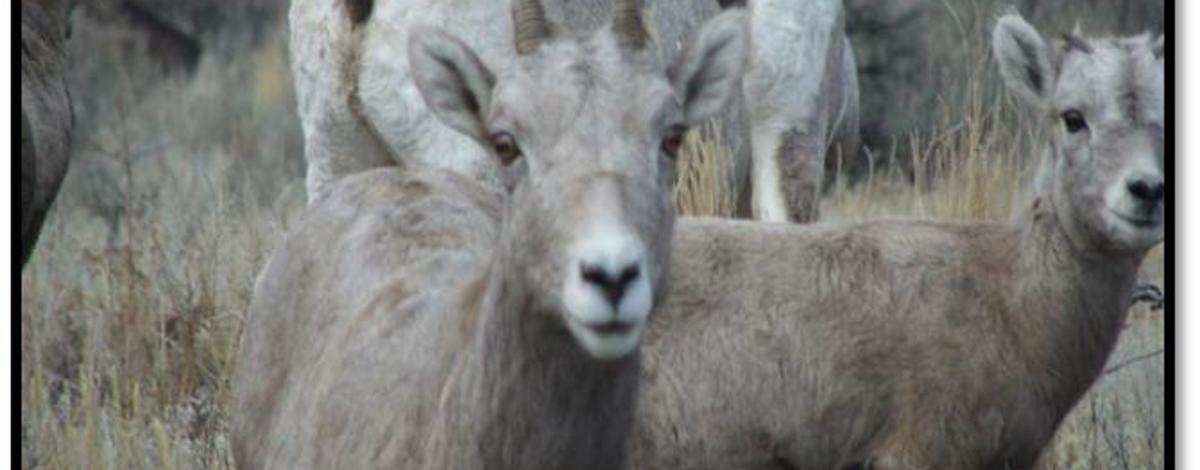Idaho Fish and Game officials lethally removed four bighorn sheep from the Big Cottonwood Wildlife Management Area. The two ewes and two young rams are believed to be the last remaining sheep from the South Hills population in Game Management Unit 54. They were euthanized to prevent spreading disease into nearby herds.
Fish and Game policy is to maintain separation between bighorn sheep and domestic sheep and goats. Domestic sheep and goats carry respiratory pathogens that are lethal to bighorn sheep. These pathogens cause all-age die-offs due to bacterial pneumonia and persistent low lamb recruitment or survival, sometimes lasting for decades after the initial die-off.
Slow, steady declining population
From 1986-1993, 50 bighorn sheep were released in Unit 54. In 1989, the bighorns in Big Cottonwood experienced a die-off, and despite additional releases, numbers continued to decline.
In 2010, Fish and Game biologists estimated there were less than 15 bighorn sheep in the South Hills population. New reintroduction efforts were not advisable due to the proximity of domestic sheep and goats, increasing motorized recreation, and other habitat issues.
The South Hills population estimate was less than 10 bighorn sheep in 2017. Biologists had concerns that as that population slowly disappeared, the remaining bighorn sheep from Unit 54 would travel to adjacent populations and introduce respiratory pathogens to those bighorn sheep that could cause a die-off.
Concern about the larger population
To protect hundreds of bighorn sheep in Southern Idaho, the decision was made to remove the small number of remnant bighorn sheep in the South Hills population.
Tags were issued in 2017 and 2018 to allow hunters to harvest the older age class rams in this population prior to the final effort to remove the remaining bighorn sheep.
Biological samples were taken from the four recently removed bighorn sheep for testing and the meat was processed and delivered to local food banks.
For additional information, please contact Mike McDonald, Regional Wildlife Manager at (208) 324-4359.

